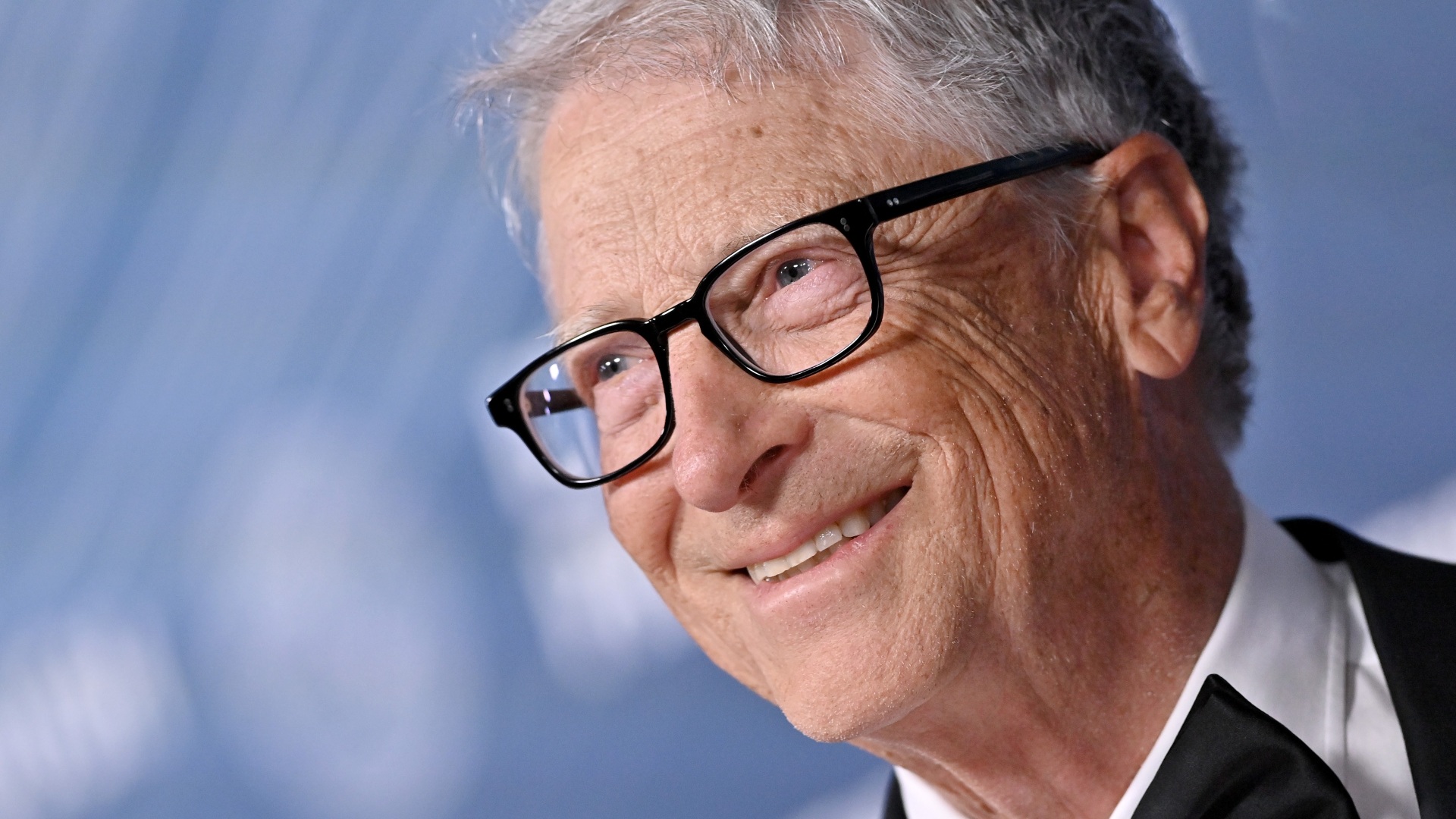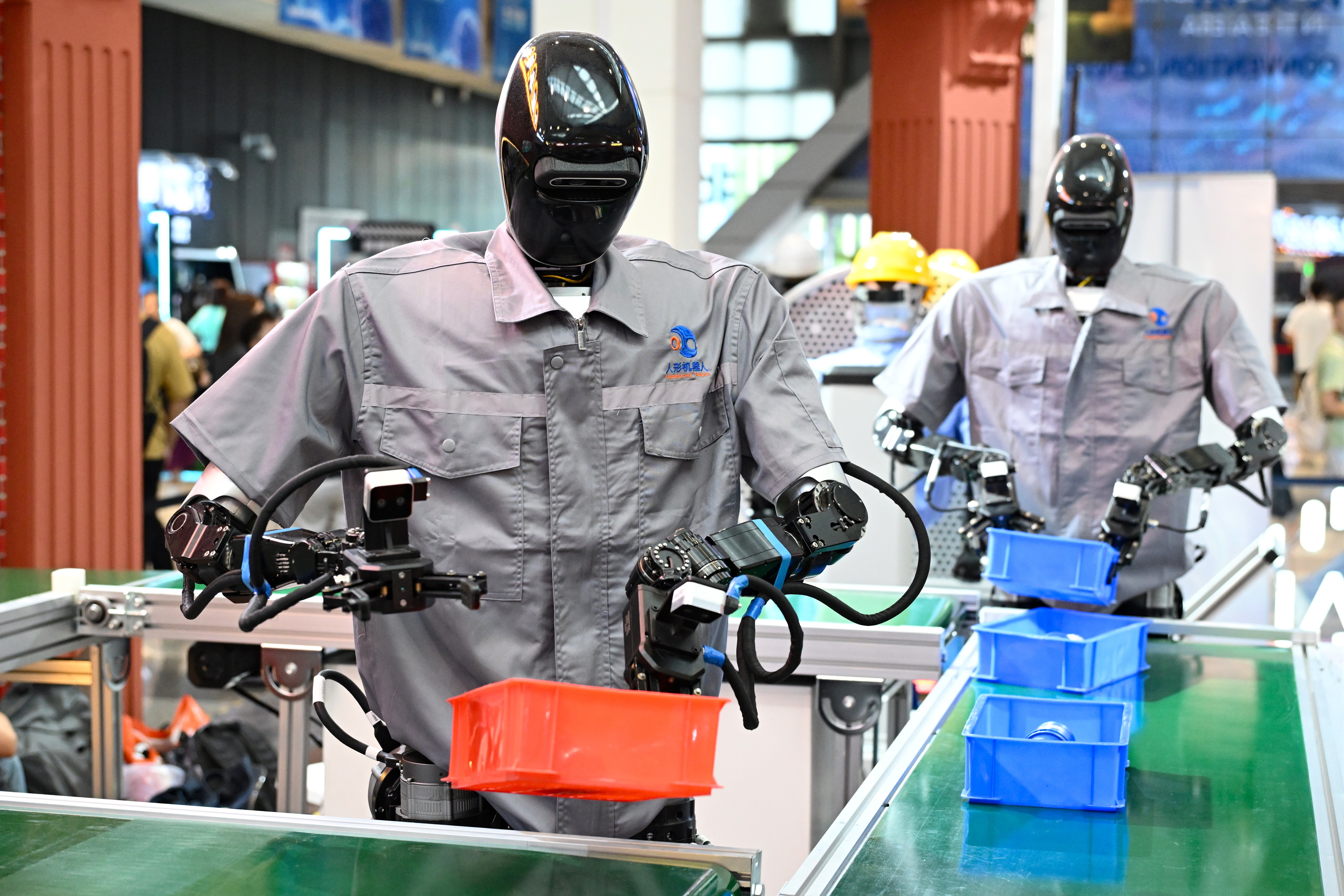Bill Gates on AI's Impact: 'Be Curious, Read, and Use the Latest Tools'
Microsoft's co-founder says AI is coming for our jobs, but it's difficult to determine when these drastic changes will take place.

All the latest news, reviews, and guides for Windows and Xbox diehards.
You are now subscribed
Your newsletter sign-up was successful
Last week, pending OpenAI's much-anticipated GPT-5 model, CEO Sam Altman indicated that he was scared of the creation while comparing it to the development of The Manhattan Project. Interestingly, the executive had previously promised with a high degree of scientific certainty that GPT-5 will be smarter than GPT-4 (which he admitted "kind of sucks").
Altman attributed his fear to the next-gen technology outpacing oversight, which remains a major concern for most people aside from job security and privacy. Admittedly, generative AI is evolving at a neck-breaking speed, making it difficult to keep track of.
More recently, Microsoft co-founder Bill Gates shared some interesting insights about the trajectory of the cutting-edge technology and what the future could potentially look like in terms of job security. Speaking in an interview with CNN's Fareed Zakaria, the philanthropic billionaire indicated that AI is rapidly evolving and could potentially take over jobs from professionals at a moment's notice, leaving them with little to no time to adjust to the drastic changes (via Fortune).
Perhaps more concerning, the executive indicated that AI has already evolved to an extent that it can fully augment administrative-related jobs like telesales. He echoed similar sentiments about coding, but limited his observations to simple programming tasks. He claimed that AI isn't at a level where it can completely take over coding from humans.
Interestingly, Gates' comments about AI's potential effects on the job market come after he'd previously claimed that the technology will replace humans for most things, save for specific tasks that we'd opt to preserve for ourselves. He joked that no one would like to watch computers play baseball.
The question is, has it come so fast that you don’t have time to adjust to it?
Microsoft co-founder, Bill Gates
Bill Gates also listed three professionals that he thinks might survive the AI revolution: energy experts, biologists, and coders. Contrary to popular opinion in the tech world, the executive says coding is too complex for AI to fully replace humans. The profession still requires the human touch to easily identify errors. He also indicated that the cutting-edge technology can't match a human's creativity in the field. He claimed that the profession will remain 100% human, even 100 years from now.
“It’s improving at a rate that surprises me,” indicated Bill Gates while talking about how rapidly AI is advancing. He admitted that he often leverages deep research to find answers for complex queries "just for fun." He continues, "I see AI does an awfully good job gathering all the materials, and summarizing what I need to know.”
All the latest news, reviews, and guides for Windows and Xbox diehards.
AI's rise against humans at work Isn't a matter of If but when
Over the past few months, multiple reports have emerged suggesting that AI could potentially replace humans in the workplace. Rather than providing clarity, the predictions have seemingly left most people even more confused.
For instance, Microsoft recently released a new study highlighting 40 professions that are at risk of full automation using AI, including writers, editors, telephone operators, radio DJs, web developers, and more.
Elsewhere, Anthropic CEO Dario Amodei indicated that AI is on the verge of slashing 50% of entry-level white-collar jobs, leaving fresh graduates and Gen Z out of the already tough job market.
Earlier this year, Salesforce CEO Marc Benioff indicated that the company was "seriously debating" hiring software engineers. A few months later, the executive is on record as indicating that the company tasks AI with up to 50% of its workload, citing incredible productivity gains with agentic AIs.
While it seems almost certain that AI is on the verge of augmenting certain professions, Bill Gates is a tad optimistic about the technology's positive impact on productivity and even creating more time for longer vacations.
When you improve productivity, you can make more [jobs]. It means you can free up these people to have smaller class sizes or have longer vacations or help to do more, so it’s not a bad thing.”
Microsoft co-founder, Bill Gates
However, Gates says embracing a reading culture and curiosity might shield the youth from AI's negative implications on the job market. He also recommends using the latest tools, in this case, AI:
“You can really learn so much. And, the idea of the tutors that people like Khan Academy are building on, how will [that] get that out? All over the world. And so embracing this [and] tracking it will be very, very important. That doesn't guarantee that we're not going to have a lot of dislocation. But I really haven't changed my ‘Be curious, read and use the latest tools,’ recommendations for young people. Be curious, read, and use the latest tools. In this case, AI.”
That said, according to Microsoft's special June Work Trend Index report, it highlights ingenious ways employees are leveraging AI to escape the infinite workday, which often coerces them to carry their work home, making "Sunday feel like the new Monday". They are using AI to automate repetitive and mundane tasks, ultimately helping them foster a healthy work-life balance.

Kevin Okemwa is a seasoned tech journalist based in Nairobi, Kenya with lots of experience covering the latest trends and developments in the industry at Windows Central. With a passion for innovation and a keen eye for detail, he has written for leading publications such as OnMSFT, MakeUseOf, and Windows Report, providing insightful analysis and breaking news on everything revolving around the Microsoft ecosystem. While AFK and not busy following the ever-emerging trends in tech, you can find him exploring the world or listening to music.
You must confirm your public display name before commenting
Please logout and then login again, you will then be prompted to enter your display name.


